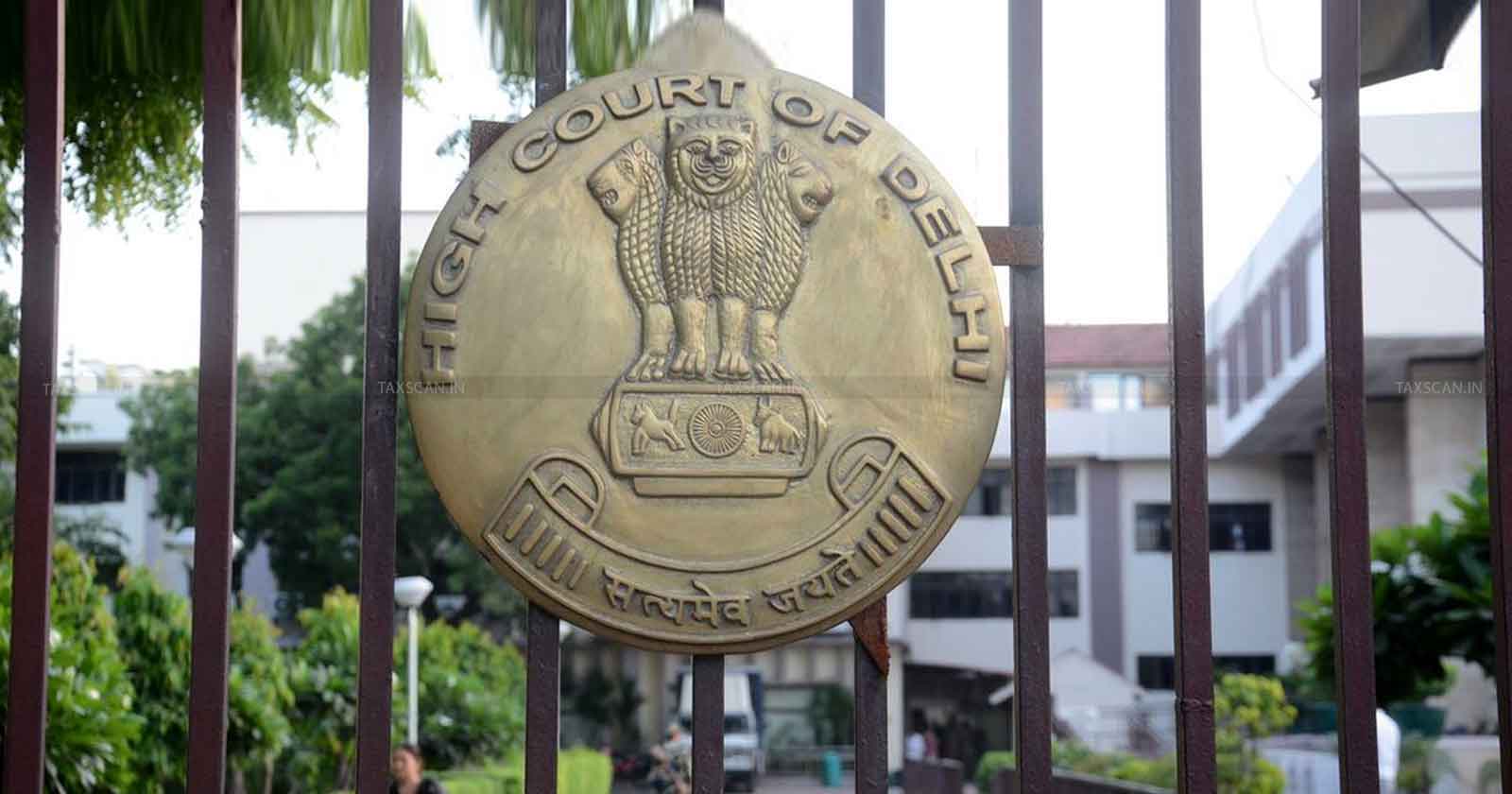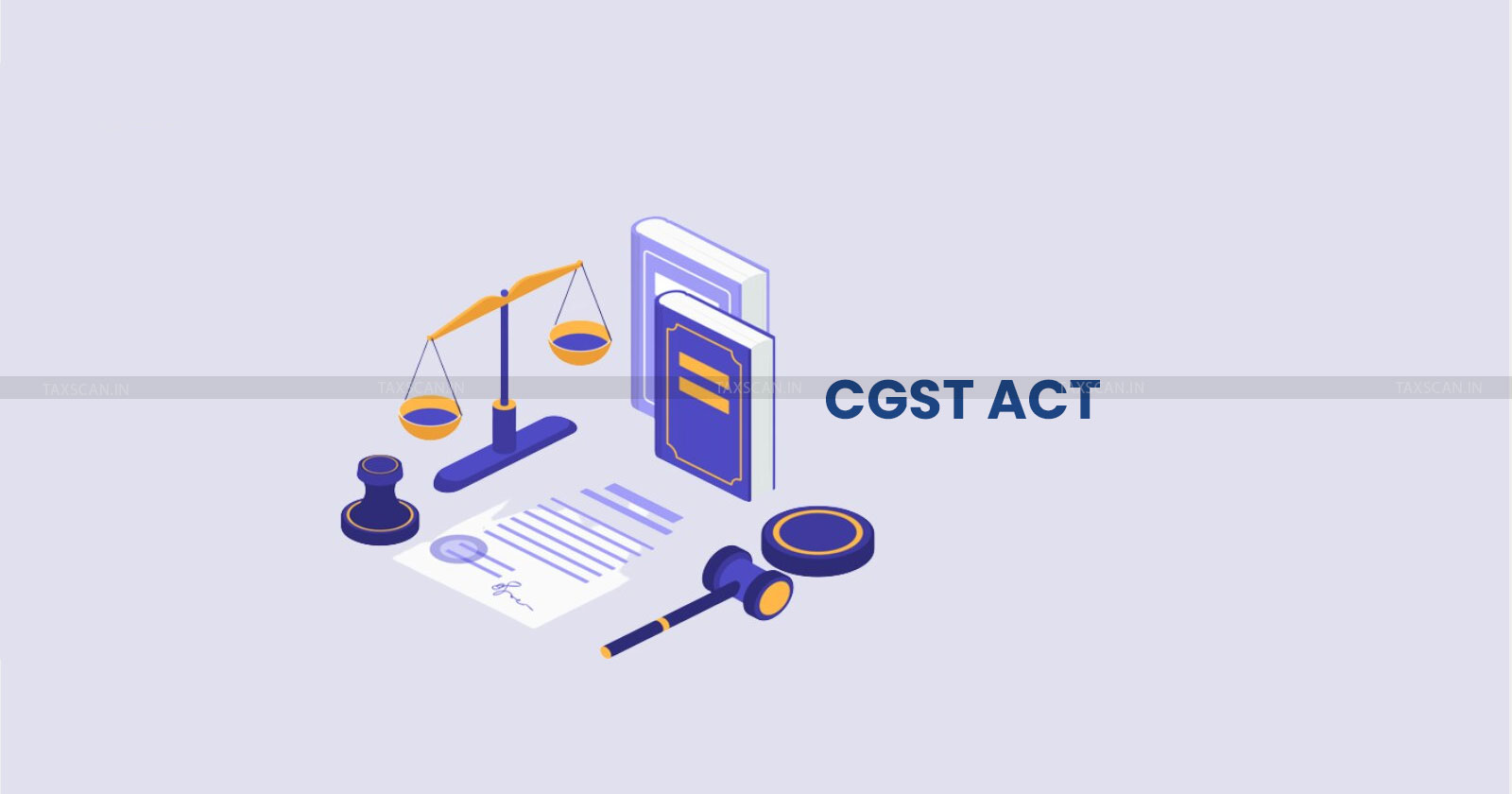Delhi HC Declines to Exercise Writ Jurisdiction in Fraudulent GST ITC Case, Follows Mukesh Kumar Garg Precedent [Read Order]
The Court observed that writ jurisdiction is not intended to support unscrupulous litigants or to serve as an alternative to the statutory appellate process
![Delhi HC Declines to Exercise Writ Jurisdiction in Fraudulent GST ITC Case, Follows Mukesh Kumar Garg Precedent [Read Order] Delhi HC Declines to Exercise Writ Jurisdiction in Fraudulent GST ITC Case, Follows Mukesh Kumar Garg Precedent [Read Order]](https://images.taxscan.in/h-upload/2025/06/05/2041296-gst-gst-itc-fraud-case-taxscan.webp)
In a recent judgment, the Delhi High Court, relying on the Mukesh Garg Judgment ruled by the same court, ruled that writ jurisdiction cannot be exercised in the case involving fraudulent Input Tax Credit ( ITC ) under the Goods and Services Tax ( GST ).
The petitioner, M/s Jasmeet Trading Company had approached the court under Article 226 of the Constitution against an Order-in-Original dated February 1, 2025, which arose from a Show Cause Notice ( SCN ) issued on June 11, 2024. The order imposed tax demands and penalties on the petitioner for allegedly availing ITC of ₹6,12,530 fraudulently.
GST READY RECKONER: Complete Topic wise Circulars, Instructions & Guidelines Click here
The petitioner raised two procedural objections: (i) that the SCN and the final order were issued by different authorities, and (ii) that the notice consolidated multiple financial years in a single proceeding, which, according to them, was improper. These grounds, however, did not find favour with the Court.
The Bench comprising Justice Prathiba M. Singh and Justice Rajneesh Kumar Gupta observed that writ jurisdiction under Article 226 is reserved for exceptional circumstances. Relying on the Supreme Court’s ruling in Assistant Commissioner (ST) v. Commercial Steel Ltd., the Court reiterated that writs may only be entertained where there is a breach of fundamental rights, violation of natural justice, jurisdictional excess, or constitutional challenge, none of which applied in the present case.
The Court noted how serious the accusations were namely, that the integrity of the GST scheme is compromised by fraudulently claiming ITC without actually providing goods or services.
The bench reiterated, citing its own previous decision in Mukesh Kumar Garg v. Union of India, that cases involving false ITC claims, particularly those involving non-existent or shell companies, necessitate careful factual examination and are best handled by the appeals process provided by Section 107 of the CGST Act, 2017.
The Court observed that writ jurisdiction is not intended to support unscrupulous litigants or to serve as an alternative to the statutory appellate process. It noted that appeals provide a comprehensive remedy and that allegations of collusion, forged invoices, or fake transactions need to be examined on factual grounds before the proper forum.
 Also Read:Delay cannot be condoned in an appeal u/s 107 of CGST Act: Delhi HC Dismisses Review Petition [Read Order]
Also Read:Delay cannot be condoned in an appeal u/s 107 of CGST Act: Delhi HC Dismisses Review Petition [Read Order]
While the petitioner also raised the issue of consolidated proceedings for multiple financial years, the Court directed that any future decisions in Quest Infotech Pvt. Ltd. v. Union of India, currently pending before the Court, would be binding in such cases if the petitioner decides to pursue an appeal.
Step by Step Handbook for Filing GST Appeals, Click Here
The Delhi High Court declined to interfere under its writ jurisdiction and disposed of the petition, making it clear that any observations made would not prejudice the outcome before the GST appellate authority should the petitioner choose to avail that remedy.
 Also Read:Order under CGST Act passed without Providing Opportunity of Hearing : Delhi HC Directs to avail Appellate Remedy [Read Order]
Also Read:Order under CGST Act passed without Providing Opportunity of Hearing : Delhi HC Directs to avail Appellate Remedy [Read Order]
Support our journalism by subscribing to Taxscan premium. Follow us on Telegram for quick updates


